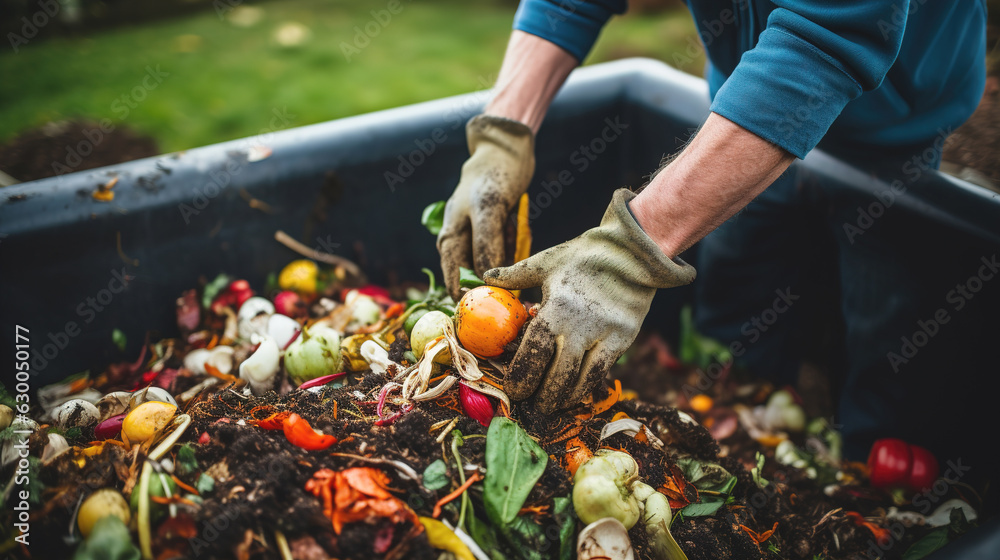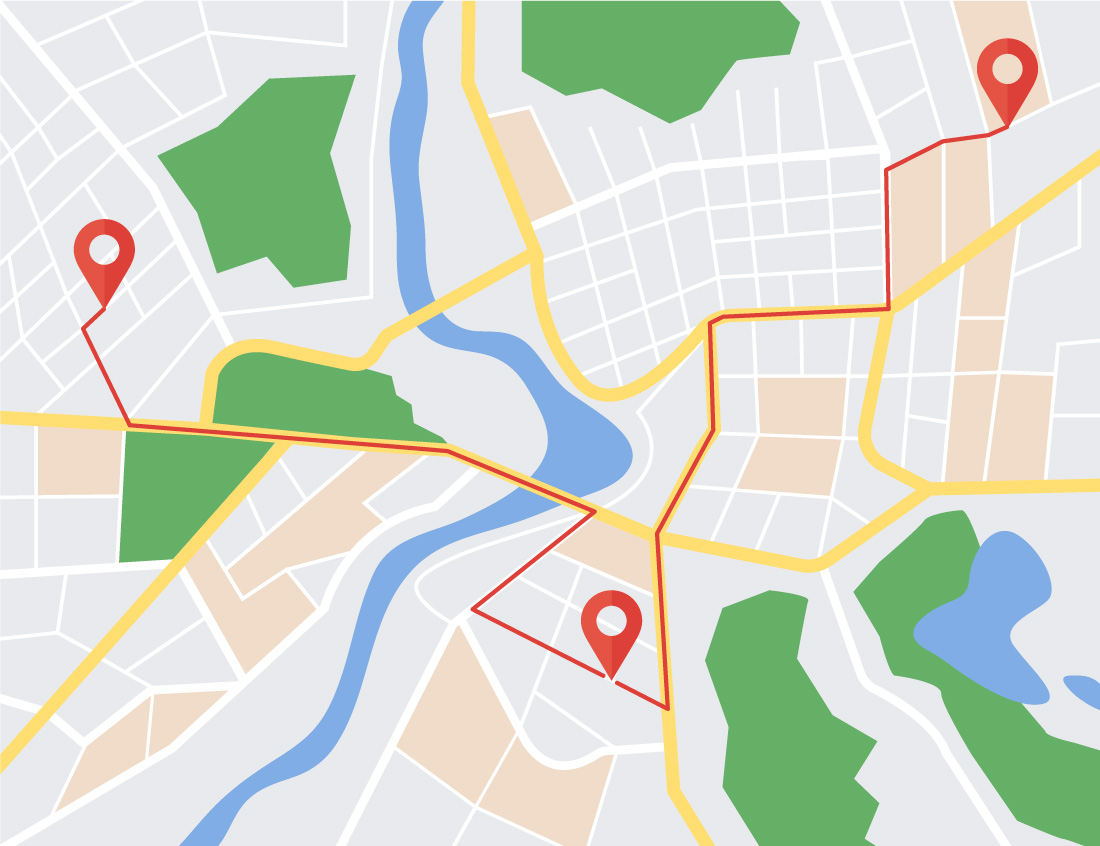Home
Community Development
Welcome to Community Development at Benton County, your gateway to a wide range of essential services that shape our community’s well-being, now and into the future. We’re here to help you navigate permits, land use, zoning, planning, and many environmental services within Benton County.
Quick Links






